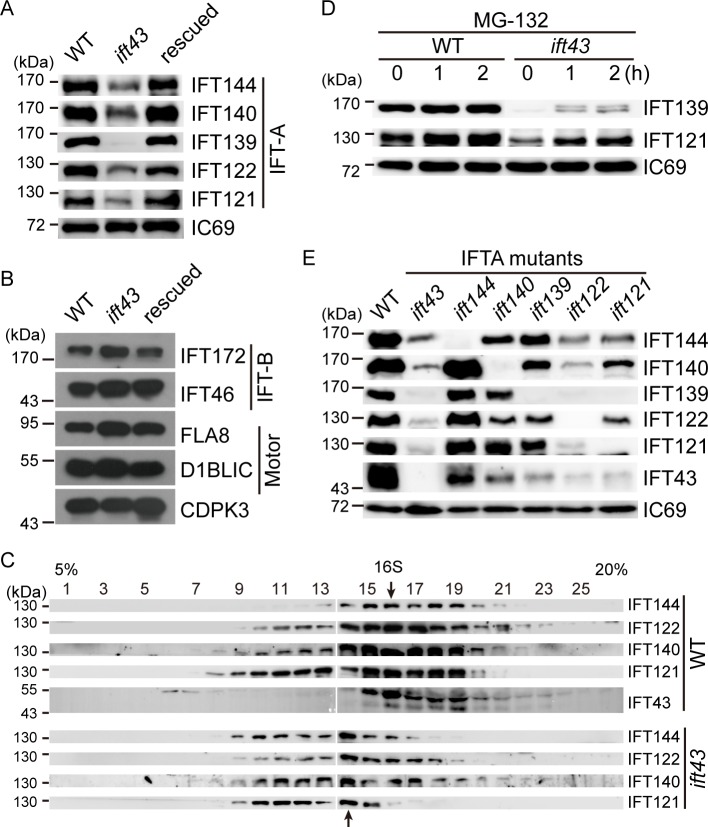Fig 2. The stability of the IFT-A complex depends on its integrity.
(A) Loss of IFT43 decreases the cellular levels of IFT-A proteins. Whole cell lysates were probed by immunoblotting with the antibodies indicated. IC69 was used as a control. (B) Loss of IFT43 does not affect the cellular levels of IFT-B and IFT motors. Whole cell lysates from indicated cells were analyzed by immunoblotting. CDPK3, a calcium dependent kinase 3, was used as a loading control. (C) Loss of IFT43 apparently leads to formation of a smaller IFT-A complex containing IFT144, IFT140, IFT122, and IFT121. Whole cell lysates were subjected to sucrose gradient sedimentation analysis followed by immunoblot analysis. Arrows indicate the peak of the IFT-A complex in WT and ift43 cells. (D) IFT43 regulates the cellular levels of IFT-A proteins via protein degradation. WT and ift43 cells were treated with proteasome inhibitor MG-132 for different times followed by immunoblotting. (E) The integrity of IFT-A complex in IFT-A stability. Cell lysates from all IFT-A mutants were probed via immunoblots. Please note that the ift144 mutant is not a null mutant.

